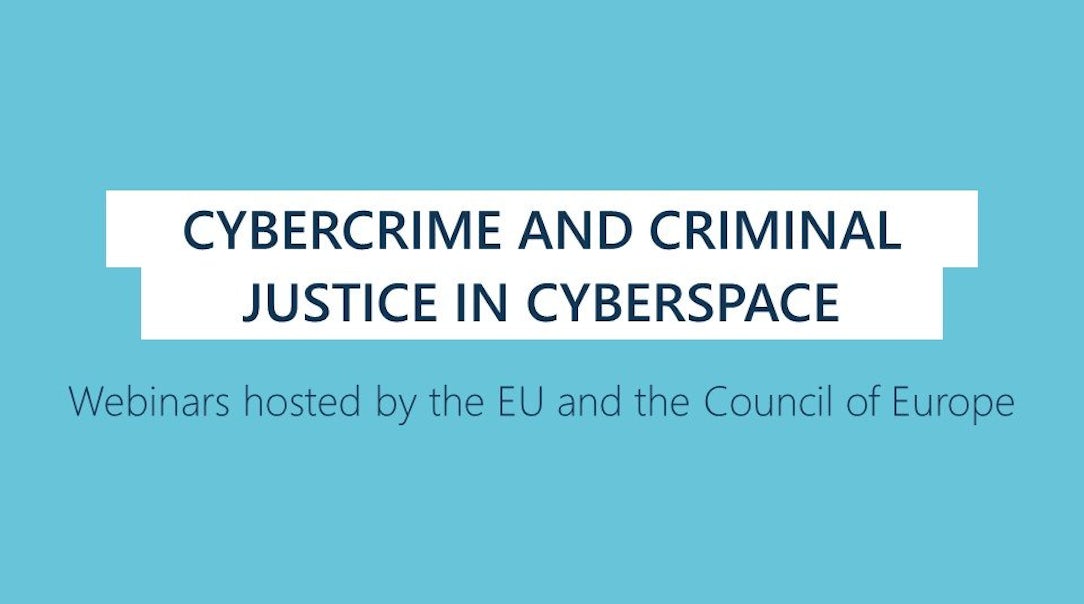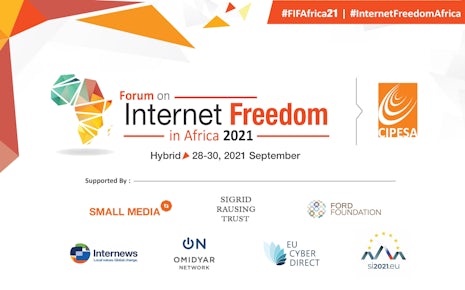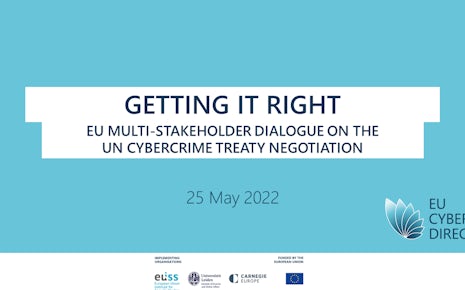Rationale
The UN Intergovernmental Expert Group on Cybercrime (IEG) was established in 2010 “to conduct a comprehensive study of the problem of cybercrime and responses to it by Member States, the international community and the private sector, including the exchange of information on national legislation, best practices, technical assistance and international cooperation, with a view to examining options to strengthen existing and to propose new national and international legal or other responses to cybercrime”. In 2020, the IEG is to discuss the chapters on international cooperation and prevention of the Comprehensive Draft Study on Cybercrime, as contained in the work plan of the Expert Group for 2018-2021. In December 2019, the UN General Assembly resolution A/RES/74/247 initiated a new, parallel process. The resolution mandates the establishment of an Open-ended Ad Hoc Intergovernmental Committee of Experts, representative of all regions, to elaborate a comprehensive international convention on “countering the use of information and communications technologies for criminal purposes”. The process is to begin with a three-day organisational session in August 2020.
Objectives
The aim of this series of seminars is to contribute to the new process through the sharing of experience and good practices between criminal justice practitioners, who are to be the beneficiaries of a future UN treaty on cybercrime, and foreign policy experts, who will be involved in the negotiation of this treaty. The seminars will focus on:
- The concept of cybercrime as a matter of criminal justice
- The question of cybercrime legislation and reforms already undertaken by governments worldwide
- The challenge of international cooperation in practice
- The experience of capacity-building
Participants
This series of online seminars is aimed primarily at foreign affairs officials working on cybercrime and United Nations matters in New York (diplomatic missions to UN HQ), Vienna (diplomatic missions to UNODC) and capitals (Ministries of Foreign Affairs) as well as cybercrime and criminal justice experts from competent public authorities (for example from Ministries of Interior, Justice or Communications, and public prosecution or Attorney General’s office).
Further readings
- Budapest Convention on Cybercrime (main site): EN; FR; SP
- Cybercrime and COVID-1
- Acceding to the Budapest Convention on Cybercrime: Benefits
24 June 2020 - Seminar with Asia-Pacific countries
Time: 7.00 a.m. – 8.45 a.m. UTC
Chair: Patryk PAWLAK, Brussels Executive Officer, EUISS
Speakers:
What is cybercrime?
Jayantha FERNANDO, Director, Sri Lanka CERT, Director | Legal Advisor, ICTA & Director, Colombo Stock Exchange
Status of global cybercrime legislation
Alexander SEGER, Head of Division, Cybercrime Programme Office, Council of Europe
International cooperation
Markk PERETE, Undersecretary, Department of Justice, The Philippines
Capacity building
Leotrina MACOMBER, Senior Crown Prosecutor, Tonga
7 July 2020 - Seminar with African countries
Time: 8.00 a.m. – 9.45 a.m. UTC
Chair: Joyce HAKMEH, Senior Fellow, Chatham House
Speakers:
What is cybercrime?
Albert ANTWI-BOASIAKO, National Cyber Security Policy and Strategy Advisor, Ministry of Communication, Ghana
Status of global cybercrime legislation
Alexander SEGER, Head of Division, Cybercrime Programme Office, Council of Europe
Momodou JALLOW, Principal ICT Officer, Ministry of Information and Communication Infrastructure, The Gambia
International cooperation
George-Maria TYENDEZWA, Assistant Director & Head, Cybercrime Prosecution Unit, Federal Ministry of Justice, Nigeria
Capacity building
Pravin HARRAH, Director of Public Prosecutions, Principal State Counsel, Office of the DPP, Mauritius
Kaleem USMANI, Head of Operations, CERT-MU, Mauritius
9 juillet 2020 - Seminaire dédié aux pays francophones du continent africain
Heure: 8.00 a.m. – 9.45 a.m. UTC
Président: François DELERUE, Chercheur cyberdéfense et droit international à l’Institut de Recherche stratégique de l’École Militaire, France
Les conférenciers:
Qu’est-ce que la cybercriminalité?
Papa Assane TOURE, Magistrat, Secrétaire Général Adjoint du Gouvernement, Sénégal
État de la législation mondiale sur la cybercriminalité
Alexander SEGER, Head of Division, Cybercrime Programme Office, Council of Europe
Sidi RALIOU, Directeur Economie Numérique a Ministère des Postes et Télécommunications et de l’Economie Numérique, Niger
Coopération internationale
Layla EZZOUINE, Chef du Service de lutte contre la criminalité liée aux nouvelles technologies a la direction de la Police Judiciaire de Maroc
Formation des Autorités chargées de l’application de la loi
Issa Saferiba FAYAMA, Magistrat, Directeur de Cabinet du Ministre de la Justice, Burkina Faso
20 July 2020 - Seminar with Latin America and the Caribbean countries
Time: 3.00 p.m. – 4.45 p.m. UTC
Chair: Patryk PAWLAK, Brussels Executive Officer, EU Institute for Security Studies
Speakers:
What is cybercrime?
Fernanda TEIXEIRA SOUZA DOMINGOS, Federal Prosecutor, Brazil | Cybercrime Supporting Group Coordinator
Status of global cybercrime legislation
Alexander SEGER, Head of Division, Cybercrime Programme Office, Council of Europe
Pedro VERDELHO, Vice President, Cybercrime Convention Committee (T-CY), Portugal
International cooperation
Camila BOSCH CARTAGENA, Lawyer, Money Laundering, White Collar, Environmental, Cyber and Organized Crimes Unit, Public Prosecution Office, Chile
Capacity building
Claudio PEGUERO, Brigade General, Advisor to the Director General on Cybermatters, National Police, Cybercrime Convention Committee (T-CY) Rep and GLACY+ National Coordinator, Dominican Republic
22 de Julio de 2020 - Ciberdelincuencia y Justicia Penal en el Ciberespacio
Hora: 3.00 p.m. – 4.45 p.m. UTC
Presidente: Camino KAVANAGH, Miembro asociado, King’s College de Londres
Expositores:
¿Qué es la ciberdelincuencia?
Claudio PEGUERO, General de Brigada, Asesor en Asuntos Cibernéticos del Director General de la Policía Nacional, Miembro en el Comité Directivo (T-CY) de la Convención de Budapest, Coordinador Nacional del Proyecto GLACY+, República Dominicana
El estado de la legislación sobre ciberdelincuencia a nivel mundial
Marcos SALT, Profesor de Derecho Penal y Derecho Procesal Penal, Universidad de Buenos Aires, Miembro en el Comité Directivo (T-CY) de la Convención de Budapest, Argentina
Cooperación internacional
Irma Llano PEREIRA, Fiscal delegado para la ciberdelincuencia, Ministerio Público, Paraguay
Desarrollo de capacidades
Emilia NAVAS APARICIO (TBC), Fiscala General de la República de Costa Rica
Carlos CUBILLO MIRANDA (TBC), Fiscal Adjunto III de la Fiscalía General de la República



